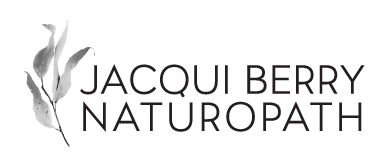For some women, ‘the change of life’ presents constant hormonal challenges like fatigue, hot flushes and mental health challenges.
Herbal medicine can help! Often resolving these symptoms and restoring great energy and that happy calm feeling.
Book an appointment for effective natural solutions today (02) 4474 2544

Top two tips for healthy hormones at menopause
- Balance hormonal health
What you can do –
Consume phytoestrogens rich foods such as linseeds and soy products.
How to do it –
1-2 tsp ground linseeds or LSA in breakfast or as an ingredient in bliss balls or prinkled on salads.
Use fermented soy products like miso soup for snacks.
Add tofu and tempeh into the meal plan on occasion.
How naturopaths can help –
Herbal medicine such as Black Cohosh and Hops have therapeutic strength phytoestrogens so support hormonal changes quickly.
2. Stress managment and supporting adrenal health
What you can do –
Studies show that women who exercise regularly have less hot flushes than those who don’t.
How to do it –
Choose a daily movement activity that brings you joy.
How naturopaths can help –
A class of herbal medicine called adaptogens can have a huge impact on energy and your coping capacity at times of stress and change.






